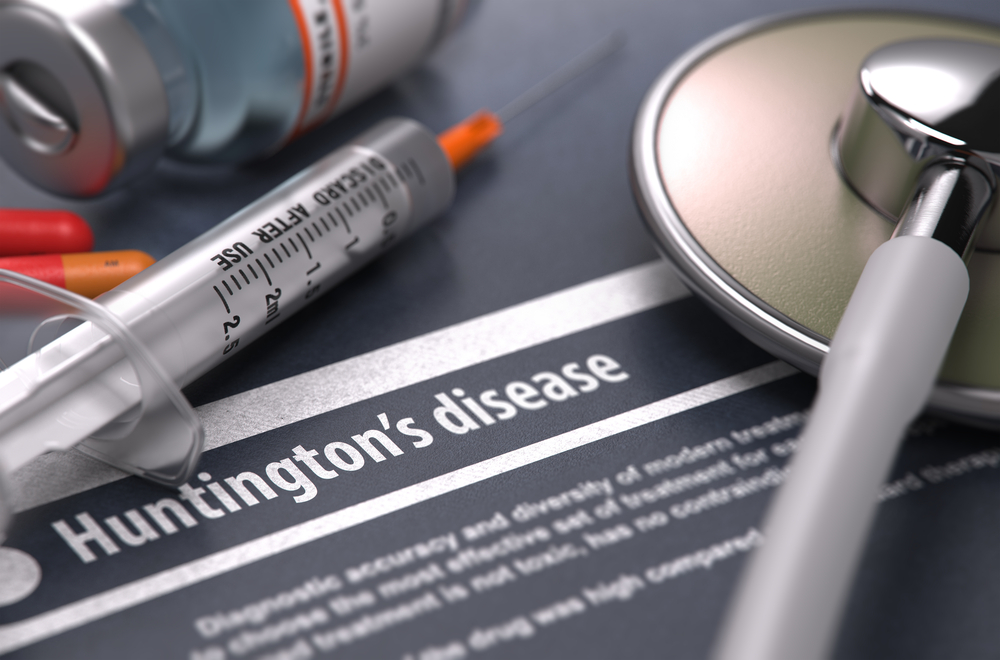Guide to Specialized Facilities for Managing Huntington's Disease
This article offers a detailed overview of specialized Huntington's disease centers, highlighting expert care, diagnosis, testing options, and support resources. It emphasizes the importance of early detection and choosing trusted facilities for optimal management of this progressive neurological disorder.

Guide to Specialized Facilities for Managing Huntington's Disease
Huntington’s disease is a progressive neurological condition characterized by subtle early signs that often necessitate in-depth testing, including genetic screening, for diagnosis. Patients and families look for credible testing centers and expert medical teams. The disorder affects movement and mental functions, leading to coordination problems, muscle weakness, involuntary movements, and sensory alterations. Emotional symptoms such as mood swings and mental health issues are also prevalent. Early detection and proper management are vital to enhance quality of life, despite the absence of a cure.
Should predictive genetic testing be considered for Huntington’s disease?
Testing at family members’ request can assess individual risk if there’s a history of the disease.
Understanding potential diagnosis helps in planning, although it doesn't currently provide a cure.
Accurate diagnosis guides appropriate supportive therapies and interventions.
Finding certified testing centers is crucial for reliable results and future planning.
Where can reliable information about Huntington’s disease be obtained?
The Huntington’s Disease Society of America manages a network of specialized clinics called HDSA Centers of Excellence.
These centers employ multidisciplinary, advanced approaches to deliver comprehensive patient care.
Across the nation, there are 43 centers staffed by experienced neurologists, psychiatrists, therapists, and counselors.
They tailor treatment plans to meet individual and family needs.
For testing or treatment guidance, these centers are trusted resources.
Sample locations include:
Beth Israel Deaconess Medical Center
Albany Medical College
Columbia University/NYS Psychiatric Institute
Cleveland Clinic
Emory University
Dartmouth-Hitchcock
Duke University
Indiana University
Georgetown University
Johns Hopkins University
Hennepin County Medical Center
Massachusetts General Hospital
Ochsner Health System
Northwestern University
Ohio State University
Rush University Medical Center
Rocky Mountain Movement Disorders Center
Stanford University
University of California, Davis
University of Alabama, Birmingham
UC San Diego
UCLA
University of Colorado
UC San Francisco
University of Florida
University of Louisville
University of Iowa
University of Nebraska Medical Center
University of Pittsburgh
University of Pennsylvania
University of South Carolina
University of Rochester
University of South Florida
University of Texas-Houston
University of Tennessee-Memphis
University of Utah
University of Virginia
Vermont Center for Parkinson’s & Movement Disorders
University of Washington
Vanderbilt University Medical Center
UW-Madison
Washington University in St. Louis
Virginia Commonwealth University
These clinics deliver expert diagnosis and care for Huntington’s disease patients and families.
Choosing a nearby center is convenient, but consulting your doctor helps find the best fit.
Healthcare providers understand each facility’s strengths and can guide your decision.
Affiliated healthcare partners include:
Cole Neuroscience Center at University of Tennessee Medical Center
Oregon Health & Science University
Kaiser Permanente, Oakland
Erlanger Health System, University of Tennessee
University of Alabama
University of Mississippi Medical Center
What makes these centers standout?
Though Huntington’s remains incurable, these facilities excel in diagnosis and supportive care.
They provide thorough counseling, genetic testing, and diagnostic evaluations.
Resources and support tailored to patients and families help manage emotional and physical challenges.
Their comprehensive approach ensures appropriate planning and ongoing care.


